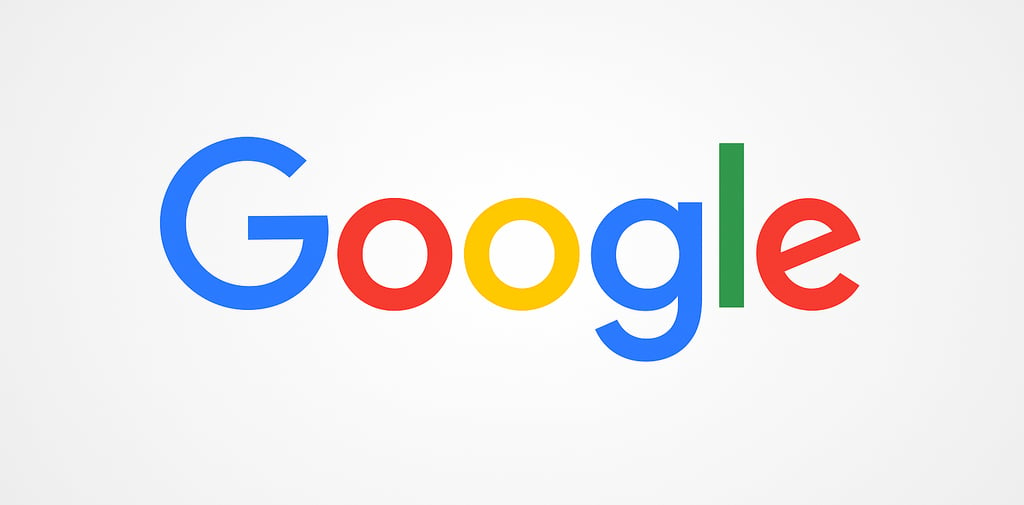Google Faces EU Antitrust Probe Over Spam Policy — Publishers Accuse Tech Giant of Unfair Search Practices
EU launches antitrust investigation into Google’s spam policy, claiming unfair impact on European publishers. Possible 10% global fine looms.
Raja Awais Ali
11/13/20252 min read


Google Faces EU Antitrust Investigation Over “Spam Policy” — Publishers Claim Unfair Ranking Practices
The European Commission has officially launched an antitrust investigation against Google on November 13, 2025, over its new “Site Reputation Abuse” spam policy. European regulators claim that Google’s latest search update may be unfairly hurting legitimate news and media publishers across the region.
Introduced in March 2024, Google’s Site Reputation Abuse policy was designed to tackle low-quality or misleading content published on reputable websites. The company argued that some third-party advertisers and marketers were exploiting well-known domains to boost their search rankings artificially — a practice often called “parasite SEO.”
However, several European publishers and news organizations say the policy has backfired, lowering the search visibility of genuine sponsored or branded content that complies with advertising standards. As a result, many websites have seen a sharp drop in traffic and ad revenue, prompting formal complaints to EU regulators.
The European Commission’s inquiry falls under the Digital Markets Act (DMA) — a powerful law that targets major “gatekeeper” tech firms such as Google, Meta, and Apple. Under this legislation, companies must treat their business users and publishers fairly and without discrimination. If Google is found guilty of breaching these rules, it could face a fine of up to 10% of its global annual revenue.
According to EU officials, preliminary findings suggest that Google’s spam policy may have penalized transparent and law-abiding publishers, grouping them with deceptive SEO operators. In contrast, Google insists that its updates were necessary to clean up search results and protect users from spam or manipulative ranking tactics.
The investigation will determine whether Google’s enforcement of the policy has unintentionally harmed legitimate publishing models or if it was used to favor its own advertising ecosystem. Depending on the outcome, the company could be forced to revise its search policies and ensure greater transparency in how it evaluates online content.
Industry experts see this case as another flashpoint in the ongoing power struggle between Big Tech and European regulators. For publishers, the stakes are high — their business models rely heavily on organic search visibility and sponsored content revenue. The results of this investigation could reshape how Google handles third-party content and influence the future of digital advertising across Europe.
As of now, Google maintains that it has not violated EU competition laws, saying its spam rules are “fair, necessary, and designed to enhance user trust.” The European Commission is expected to deliver its initial findings in early 2026.
Stay informed with the latest national and international news.
© 2025. All rights reserved.